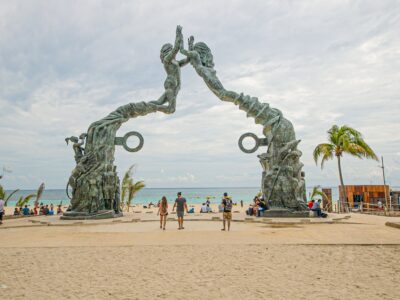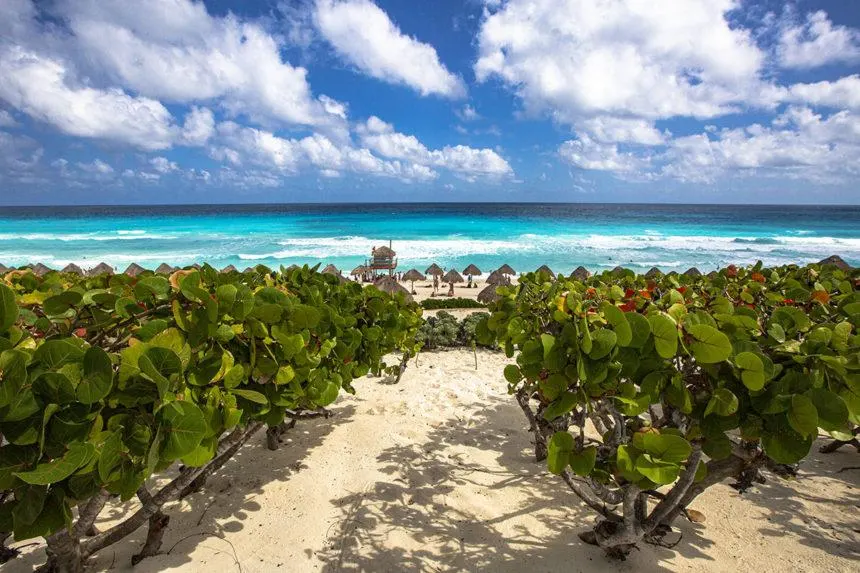The Riviera Maya in Mexico is known for its stunning beaches, ancient ruins, and vibrant culture. However, like any travel destination, it’s important to prioritize safety to ensure a secure and smooth travel experience. Here are some essential tips to keep in mind when traveling to the Riviera Maya.
- Research and Plan Ahead: Before your trip, research the safety situation in the Riviera Maya and stay updated with current travel advisories. Familiarize yourself with the local laws, customs, and regulations. Plan your itinerary and transportation in advance, and avoid risky areas or activities.
- Use Reliable Transportation: When getting around the Riviera Maya, use reliable and reputable transportation options. Avoid using unlicensed taxis or accepting rides from strangers. If possible, use authorized transportation services offered by your hotel or reputable car rental agencies.
- Secure Your Belongings: Keep your personal belongings secure at all times. Use lockable suitcases, keep valuables in a safe, and avoid displaying expensive jewelry or electronics in public. Be cautious of pickpockets and keep an eye on your belongings in crowded areas.
- Stay in Well-Traveled Areas: Stick to well-traveled and tourist-friendly areas, especially at night. Avoid isolated or poorly lit areas, and use caution when exploring off-the-beaten-path destinations. It’s always a good idea to travel with a companion, especially in unfamiliar areas.
- Be Mindful of Your Surroundings: Stay alert and be mindful of your surroundings. Be cautious of strangers, and avoid engaging in risky or illegal activities. Follow local laws and customs, and respect the local culture and traditions.
- Stay Hydrated and Use Sunscreen: The Riviera Maya can have hot and humid weather, so staying hydrated and using sunscreen are essential. Drink plenty of water, wear a hat, sunglasses, and lightweight clothing, and apply sunscreen with a high SPF to protect yourself from the sun’s harmful rays.
- Have Emergency Contacts and Insurance: Keep a list of emergency contacts, including the local embassy or consulate, and have travel insurance that covers medical emergencies, accidents, and theft. Familiarize yourself with the nearest medical facilities and know how to contact emergency services in case of any unforeseen situations.














